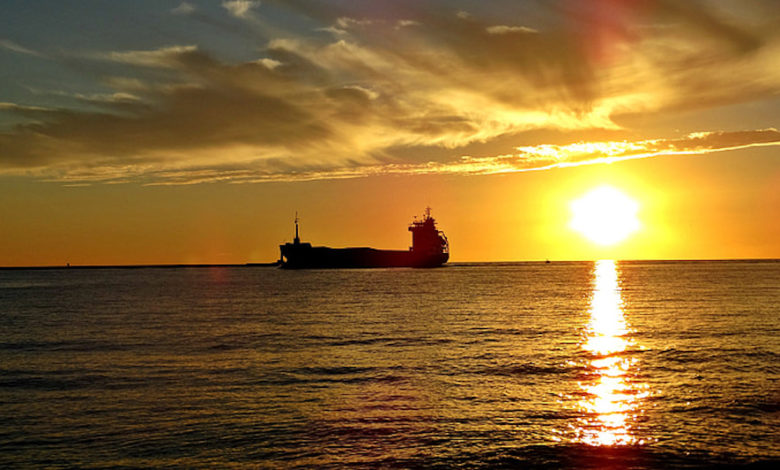Time to look beyond the numbers when it comes to sanctions

Dominic McKnight Hardy, managing director of MIS Marine, on the new age of environmental regulation and sanction complexity.
Today, the volume of sanctions totals more than 55,000, with 15,000 alone in place following Russia’s invasion of Ukraine.
But have we become distracted by these ever-increasing numbers and become blinded to the complexity of what these sanctions involve? No-one is immune from sanctions now, as the additional complexities of implied sanctions effectively put the entire industry at risk of breaching compliance on a daily basis. The nuances of sanctions are made only more challenging by the vast amount of data available today.
Within marine assurance, sanctions have been an issue of concern for some time, primarily concerned with vessel ownership and trade with sanctioned countries. Previously, sanction numbers were limited and, with a focused area of risk to monitor, marine assurance teams could swiftly identify any covert changes of vessel ownership. However, now as the dark fleet continues to adapt to detection methods and the volume of sanctioned entities increase, the sheer volume and flow of sanctions data is far surpassing the human capacity for data management and associated risk identification. Now the industry is looking for the silver software bullet.
However, software alone will not suffice. Unfortunately, we cannot tech-stack our way to sanction immunity, as users need to understand the sanctions, why they have been broken and, importantly, which sanctions apply to their specific risk exposure.
It is true that sanctions are heralding a new dawn for shipping. And further regulation is on the horizon. As last week’s MEPC 80 has clearly shown, environmental regulation will come to the fore to achieve its ambitious aims of close to net zero by 2050. This will mean that in the not-too distant future, operating a vessel with a high carbon footprint will become as compromising and damaging as using one with a sanction.
Already, low-performing ships are rapidly losing their social licence to operate as charterers steer clear. Now, they could lose their physical right with nation-states tightening the rules, accelerating their final voyage to the breakers. Ultimately, environmental regulation, like sanctions, is a mechanism which will add further complexity and new forms of risk and where marine assurance will come to the fore. We are at the cusp of a new age of environmental regulation and sanction complexity, and shipping needs to be armed with the powerful combination of its best human experts and software solutions at the ready.

“the volume of sanctions totals more than 55,000,” Is that bbls? Cubic metres? Acre-feet perchance?